Your cart is empty
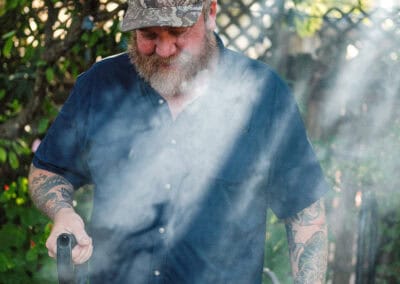
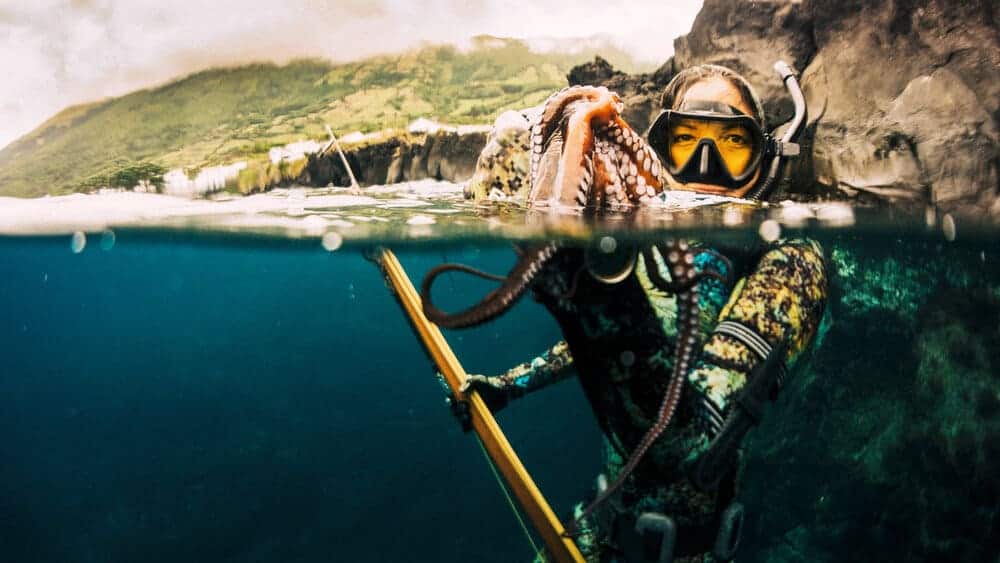
Kimi Werner is a professional hunter. She doesn’t fit the stereotypical mold of a rough-hewn African safari guide. Instead, this soft-spoken, flip-flop-wearing island girl from Maui holds her breath and wears a neoprene wetsuit to work. Her capabilities should not be underestimated, nor her ready smile mistaken for weakness. She is a consummate professional; an absolutely lethal underwater hunter. A former U.S. National Spearfishing Champion, Kimi is perhaps the most widely respected and recognized female diver in the sport. Her phone never stops ringing. Chase snappers in Mexico, wahoo in Texas, tunas in Ascension — the options are endless, as are the expectations. Jetting from one location to the next becomes a blur of perpetual motion. Perceptions must be maintained, decisions defended, obligations met, and above all, content created. The tension of meeting the constraints of her contractual obligations to her sponsors is the accepted cost of the freedom she enjoys — the freedom offered by an escape into the depths of the ocean she so dearly loves. These worlds collided on a trip to the Azores, an often-overlooked island chain to which she felt inexplicably linked.
The Azores might best be described as the love child of Portugal and Hawaii. The weather-worn cobblestone streets in its towns are lined with bustling cafes that scream Europe, juxtaposed against lush green countryside adorned with exotic plants like ginger and taro that spirit you away to Kona or Kauai. It is a beautiful fusion of old-world tradition and island exuberance.
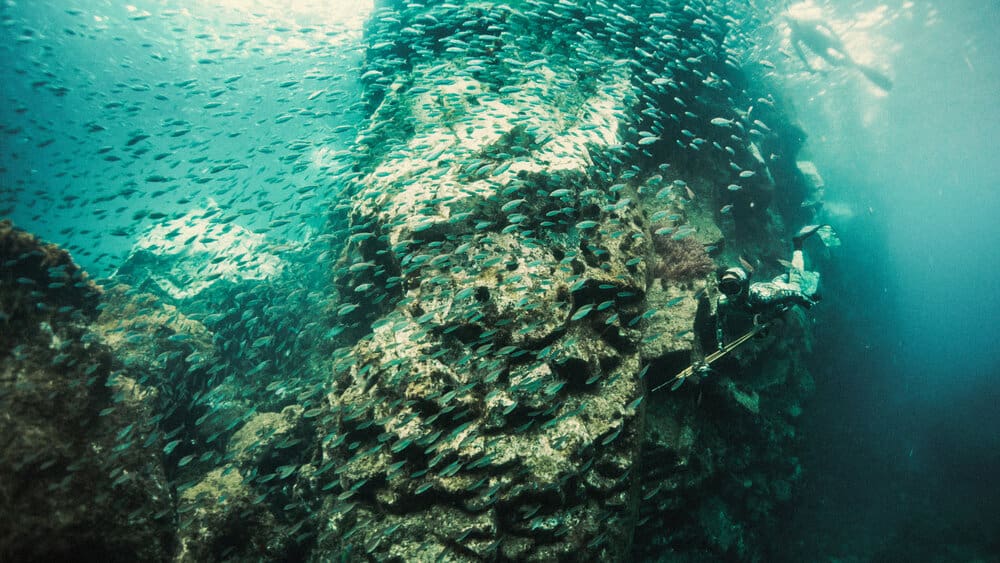
Landing on the tiny volcanic island of Pico, she stepped off our plane, into the syrupy autumn afternoon sunshine and searched for her local host. The man meeting her was Azorean spearfishing. Kimi had heard rumbles about Paulo Afonso in her world, murmurs about a diver who most often dove alone and returned to shore with massive tunas that defied believability. Scouring his social media only confirmed her suspicions. This guy was a human shark — he lived to battle sea monsters, and she had come to do the same.
The blaring klaxon of the alarm the following morning was both unwelcome and excitedly anticipated. As we chugged inky black, home-brewed espresso, spear guns, gear bags, and my underwater camera rigs were hurriedly loaded into the Pearla Negra — Paulo’s seven-meter rigid-hull inflatable boat.
The rumble of the four-stroke motor shattered the quiet of the predawn darkness as we left the shelter of the tiny harbor and headed out into the open expanse of the Atlantic. For the next five exhausting days, the routine never wavered. Rise in the dark, load the boat, run to a spot, dive, dive, dive, and head to the next spot. Repeat ad nauseam until dark. Return to the harbor, scarf food, crash.
Pinnacle after pinnacle, reef after reef, bait ball after bait ball, searching for quarry to no avail. Kimi proceeded with a brave face, pushing her diving to its limits to get fish. Paulo kept apologizing for his island’s indifference. The strain was taking a toll. Conversations focused solely on the task at hand. Exhaustion, both physical and mental, was apparent. The big game fish simply were not cooperating or had seemingly relocated to another ocean entirely. They were failing, and pushing harder wasn’t yielding different results. Emotions often masked by the elation of success began to percolate to the surface.
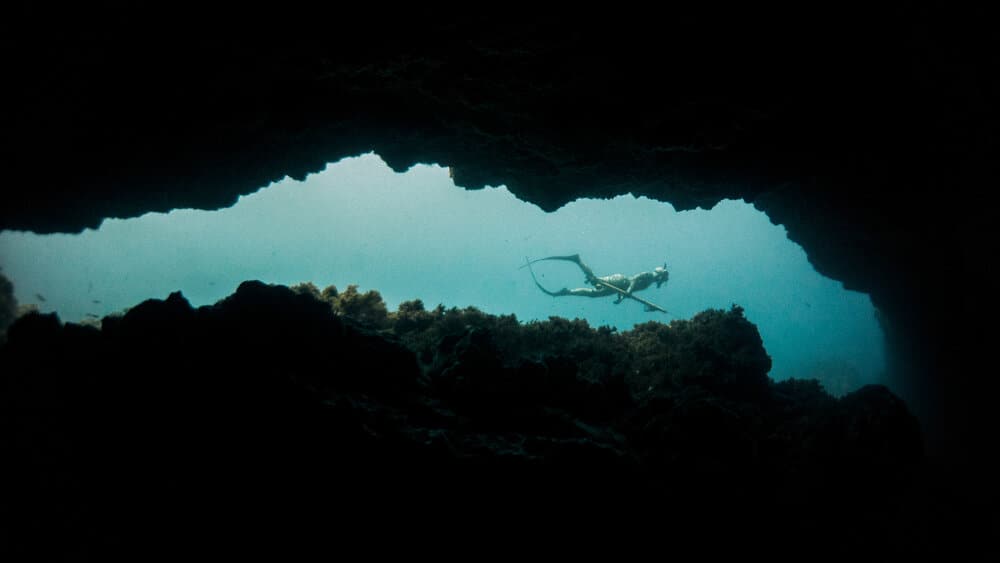
Night five, after a seemingly never-ending day of oxygen-deprived narcosis, we decided to indulge in the obvious offering: food and an excess of wine. Empty bottles began to accumulate beneath the crazy starlit sky as Paulo and Kimi discussed their options.
“Fishing is just hard here — I’m always concerned about inviting anyone, because you can never predict if the fish will really be here or not,” Paulo explained. Kimi, lost in her own thoughts, barely acknowledged his comment. She was somewhere else.
On impulse, Kimi told Paulo:
“My best friend had always wanted to come here. She always talked about the Azores when we travelled together.”
Paulo asked, “Where is she?”
“She died six years ago.”
Kimi started crying. There was a weight of emotion, tears. “This is a huge trip for me.”
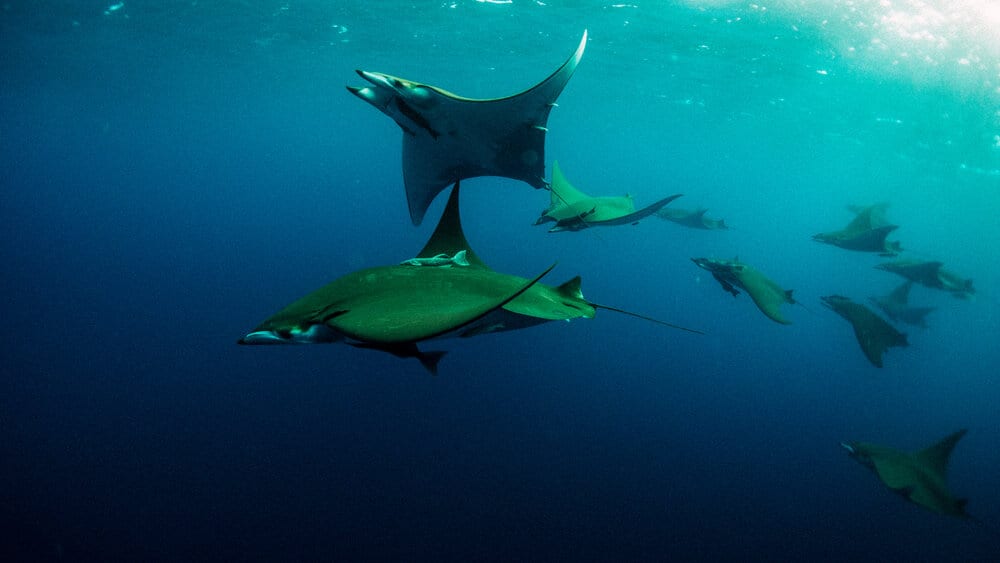
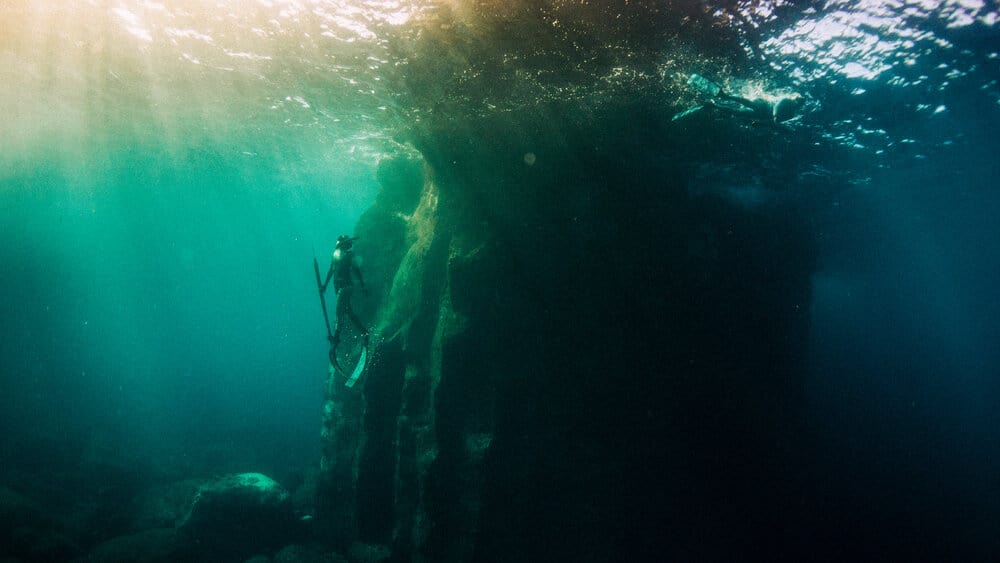
Paulo sighed deeply and stared silently into space. No words. He had no idea how important this time and place and journey were for her. Late-night grief transformed into a celebration of a beautiful life cut short. Realizing dawn was fast approaching, and with it a new day and more diving, Kimi bid Paulo goodnight.
“Tomorrow,” Paulo said, “you will see why your friend yearned to visit.”
Dawn broke and no one stirred. Finally, roused by the jubilantnoises of playing children, Kimi pulled herself out of her stupor. Nursing the headaches that always accompany an over-indulgence of red wine, we ventured across the street to the neighborhood café. Even hungover, we could sense the shift. The conversation of the previous night now defined our purpose. Honoring the memory of Kimi’s friend would permeate every activity. No more 4 a.m.s — timelines ceased to matter.
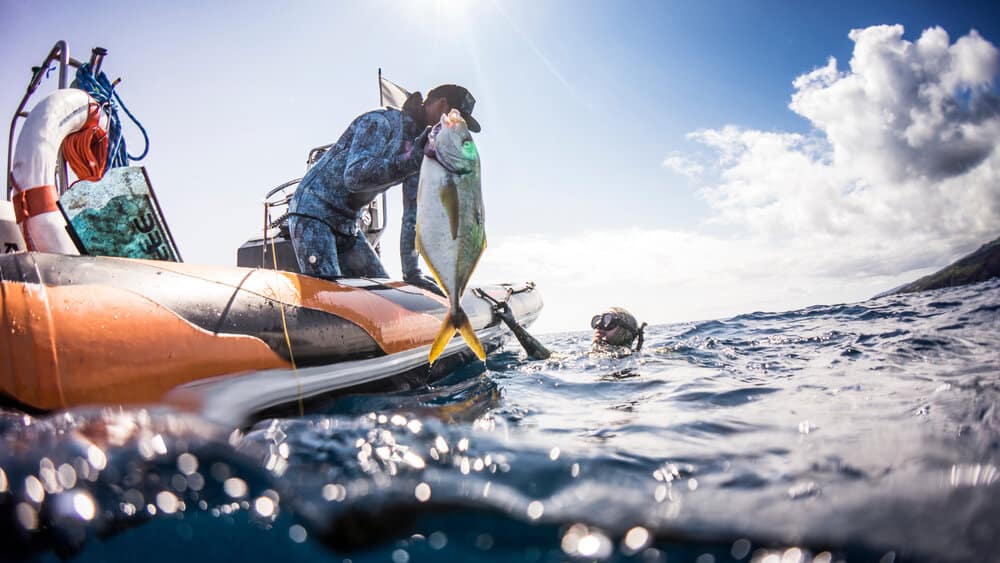
‘Normal’ became wake up late, laze around, rally over coffee, and then make their way to the water to gather ingredients for an evening feast. Instead of majestic pelagic tunas, Kimi and Paulo hunted humble limpets and octopus in the shallows. The lone hunters became a family of gatherers. Freed from the mental strain of searching for trophy fish, meal prep dominated the majority of our days. The laughter returned as Kimi and Paulo marveled over the remarkable similarities between Hawaiian and Azorean ingredients and cuisine. Dinner remained a late-night affair, but now it wasn’t a mechanical, biological urge for fuel, it was a culinary festival. Joy shone brightly in the eyes of the three generations of Azoreans and their guests seated around the rough-hewn table. Heaping piles of fried baitfish, boiled shore crabs, and garlic-roasted limpets stood no chance. Wine flowed once again, and stories were embellished.
Paulo was visibly relieved by the change. This pace wasn’t novel to him — it was simply his everyday life. Rushing was reserved for when he could see the tuna jumping a stone’s throw from his office window. Then and only then would his heightened predatory response kick into overdrive. The frenetic attempts to force this issue had unbalanced the natural rhythm here. His smile, as Kimi and his family loafed, doing not much of anything, told the true story. This was the Azores. Fish came and went, much like the violent winter gales, but what made this place so special was the deep connections between the people and their sea.
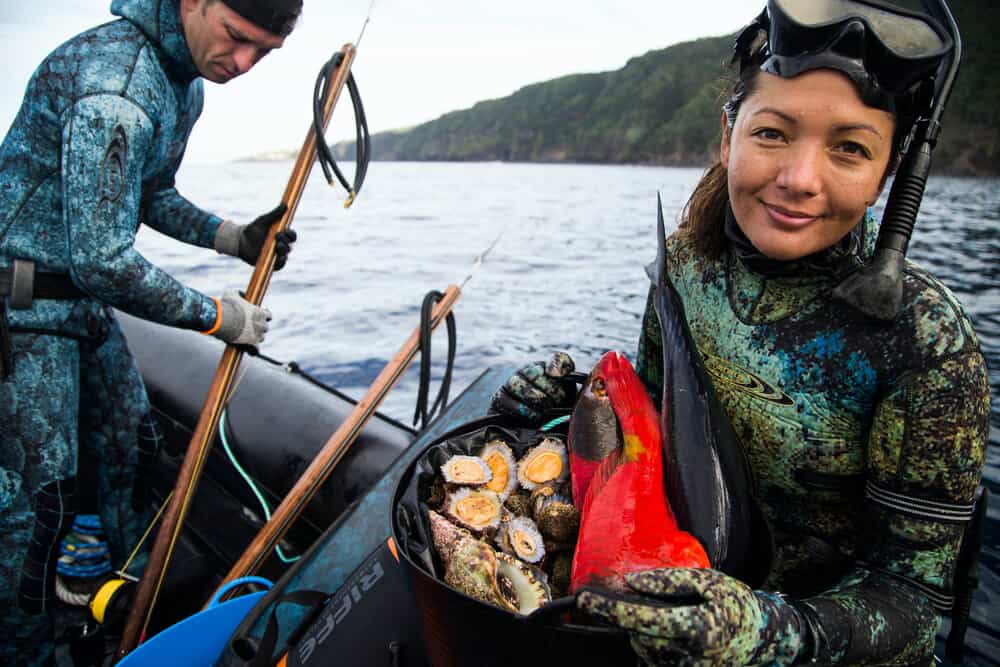
A fisherman at the harbor remarked that Paulo must be a man of great faith. When pressed as to why, his answer was simple and revealing — “Because why else would a man venture into the sea on a quest for ‘the big one,’ day after day?”
The old man was missing something, though. It isn’t what is taken home in a tangible form that matters. It’s the sum of all the little moments that make every day on the water, in the mountains or in the woods so special. Sure, it’s great to bring home dinner or that once-in-a-lifetime catch, but hunting means so much more. Call of the wild, lure of the sea — it has different names, but they all are trying to capture the same experiential truth. Humans are built with an insatiable need for adventure and camaraderie. If the connection to these places and the bonds formed with those who share the journey are denied, something internal withers and dies.
Kimi was now part of this family and this place. Adopted. Regrounded. Refocused. Boarding her plane home, she turned and took one last look at the little island that had become her sanctuary. Pico might just be a speck on the map, but it had become huge in her heart. Returning home to Maui would be different this time. Rather than unpacking, repacking and heading back out on the next adventure, it was time to change the paradigm. Yes, sponsor obligations would have to be met, a girl’s gotta eat, but it was time to press pause and spend time with her own family — to rebond with home and her loved ones.
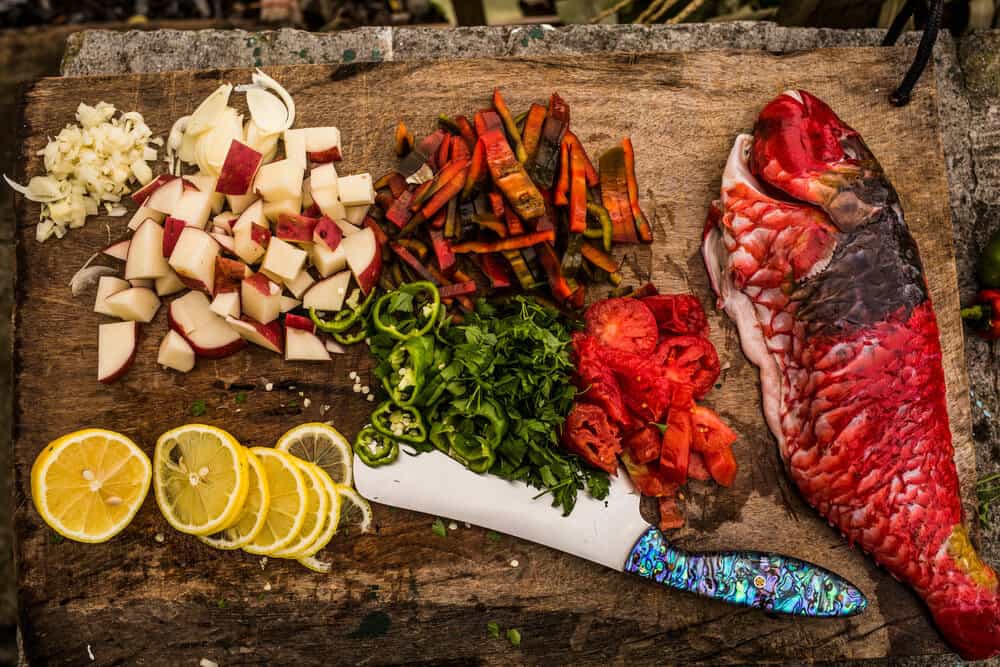
Related Stories

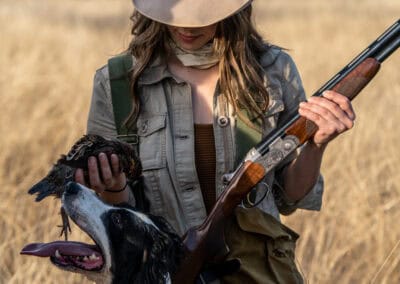

Latest Stories


